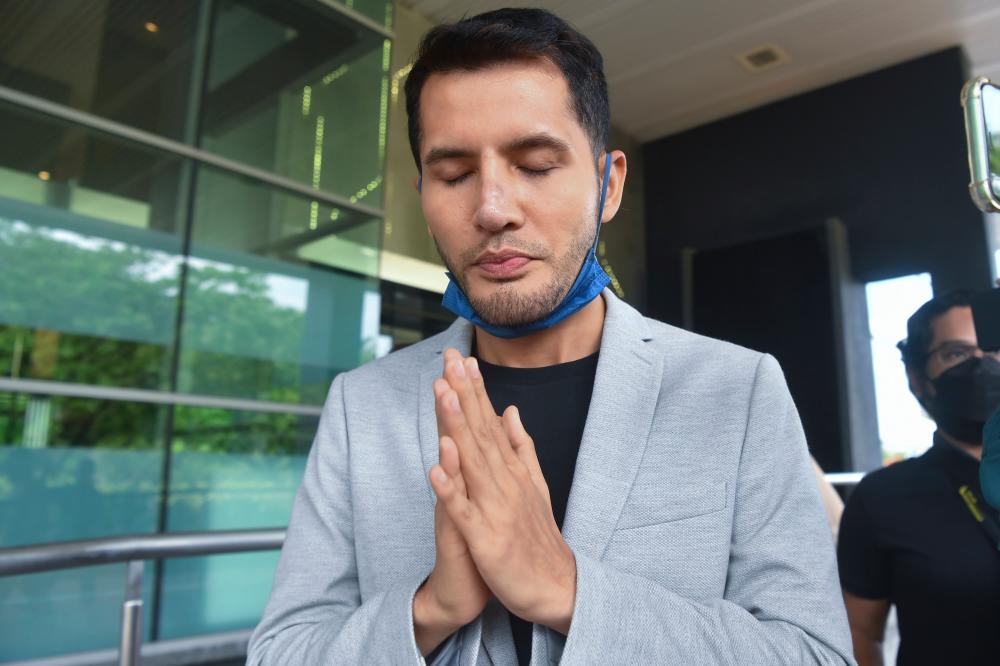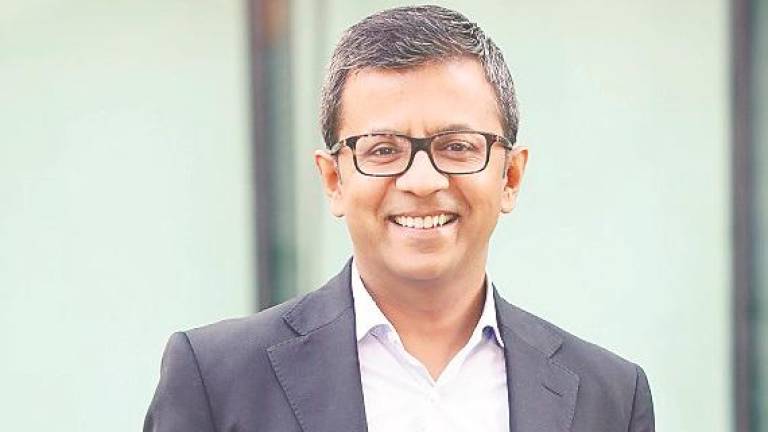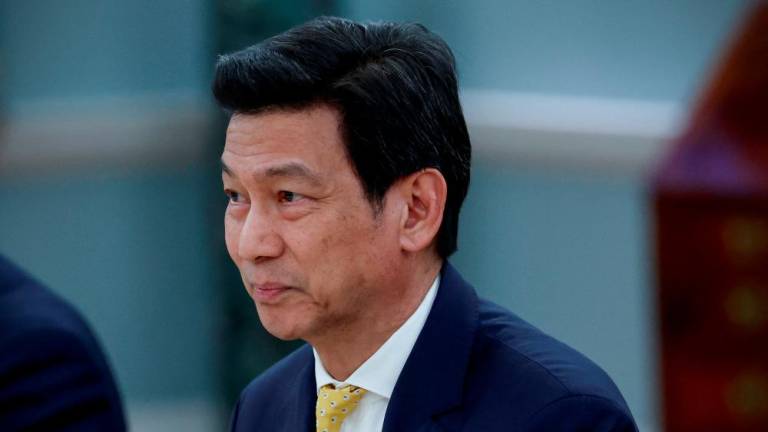KUALA LUMPUR: The High Court today set a three-day trial in January 2026 for the defamation suit filed by former Culture, Arts, and Tourism Minister Tan Sri Abdul Kadir Sheikh Fadzir against businessman Datuk Seri Aliff Syukri Kamaruzaman (pix) over defamatory statements involving tens of millions of ringgit in investment debts.
Judge Datuk Ahmad Shahrir Mohd Salleh fixed the trial from Jan 6 to 8, 2026, and July 5 this year for the next case management.
Earlier, lawyer T.Dheenish, on behalf of Abdul Kadir as the plaintiff, said his client would testify at the trial, adding that several witnesses from news portals that published the claims made by the defendant (Aliff Syukri) may be called to testify.
Aliff Syukri’s lawyer, Mohd Tajudin Abd Razak, said the team would present the businessman and his wife, Datin Seri Nur Shahida Mohd Rashid, as their witnesses.
Abdul Kadir, 84, filed the suit on Sept 6, 2023, claiming Aliff Syukri, 37, who is active in the entertainment industry with a large following on social media platforms, made defamatory statements against him on his Facebook and Instagram accounts.
The former Information Minister said that the statements implied that he owed the defendant millions of ringgit, among other things, adding that a photo of him included in the statements drew negative comments from readers.
Abdul Kadir is seeking the defendant to pay RM70 million for libel and other damages deemed fit by the court and an order for the defendant to provide a written undertaking not to publish any defamation against him.
He is also seeking an unconditional apology from the defendant to be posted on the defendant’s social media accounts within seven days of the order.
Meanwhile, in his defence statement, Aliff Syukri stated that he had invested RM30 million to comply with a joint venture agreement dated Nov 26, 2018, with the plaintiff and two companies, claiming that the parties to the joint venture agreement failed to make payments for the money he had invested.
“All breaches of promises, including the pledges made by the plaintiff to me, were within the plaintiff’s knowledge,” he claimed.











